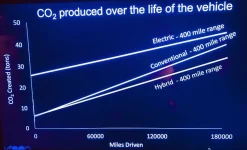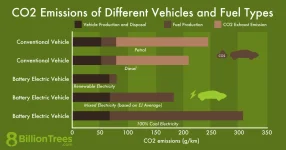John M
New member
- Joined
- Sep 19, 2022
- Messages
- 13
- Reaction score
- 3
- Points
- 3
- My Lincoln
- 2020 Aviator
With all of the automotive manufacturers developing Battery or Hybrid Battery powered vehicles, I though it would be good to hear from current Lincoln Owners about their views on the Electric future.
Battery Vehicles: Powered by a large battery with a driving range on a full charge of typically 300 miles. Charged usually from a $2,000 power charging station installed in the owners garage. Requires hours to recharge to a full battery.
Hybrid Vehicles: Powered by electricity for short 30 miles trips and when battery depleted, gasoline engine starts to recharge the battery and power the vehicle. Can be powered by gasoline for long trips and be recharged for short trips in your garage power station.
Battery Vehicles: Powered by a large battery with a driving range on a full charge of typically 300 miles. Charged usually from a $2,000 power charging station installed in the owners garage. Requires hours to recharge to a full battery.
Hybrid Vehicles: Powered by electricity for short 30 miles trips and when battery depleted, gasoline engine starts to recharge the battery and power the vehicle. Can be powered by gasoline for long trips and be recharged for short trips in your garage power station.












